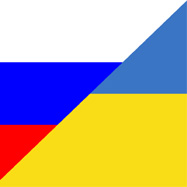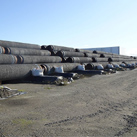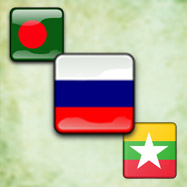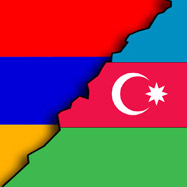Looming Spectre of Conflict in Eastern Europe?
Kremlin’s increasingly assertive stance on the troop build-up along the Russia–Ukraine border can be viewed as not just prompted by Ukraine’s potential NATO membership but also as Russia underscoring its place as a stakeholder in shaping European security architecture.
- Rajorshi Roy
- January 03, 2022











